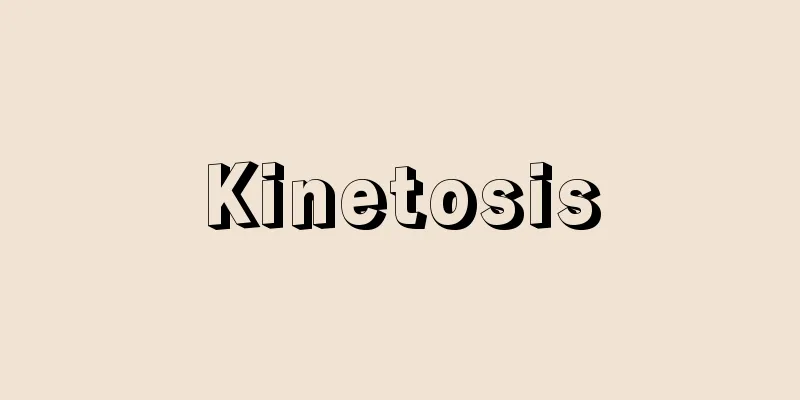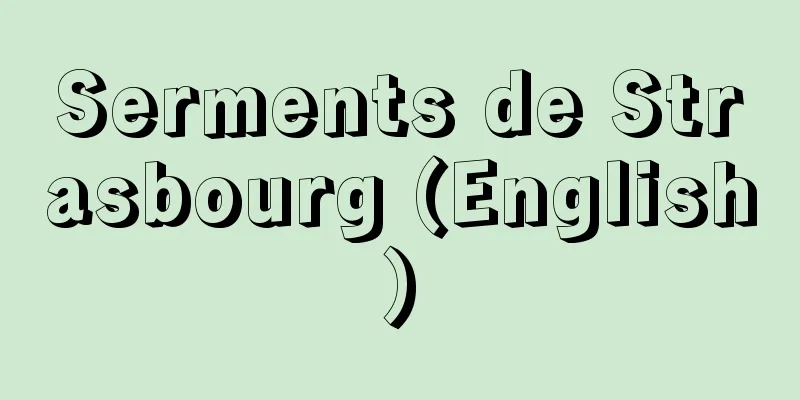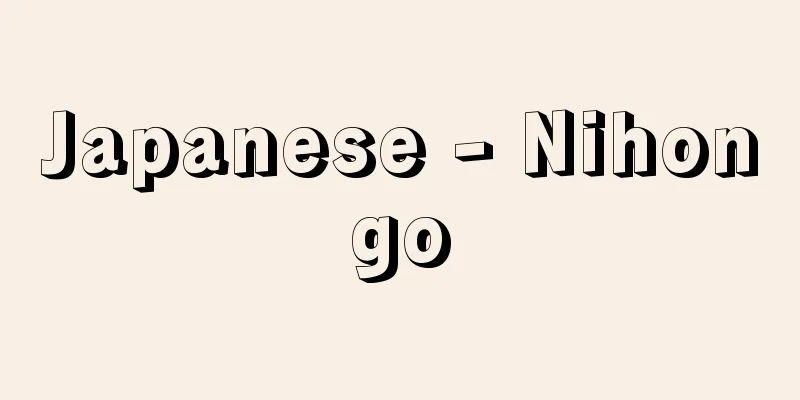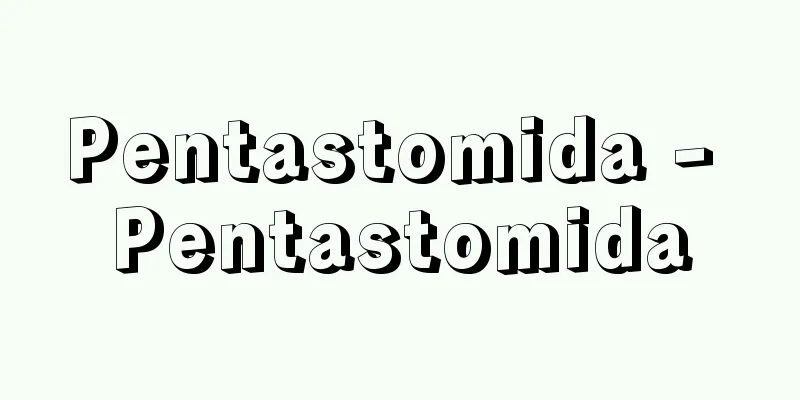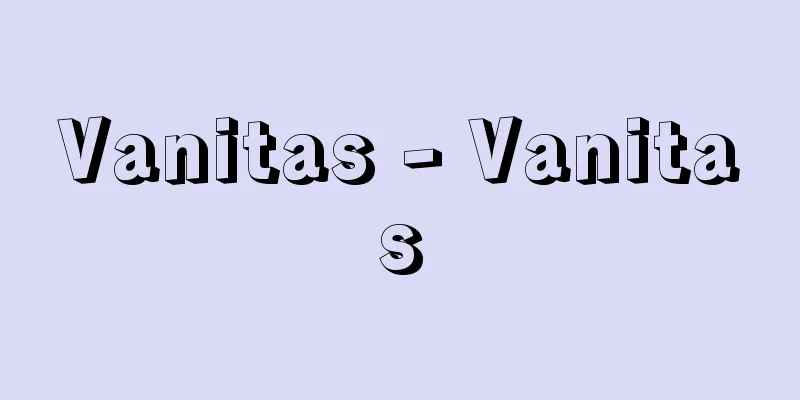Censorship

|
Censorship is the act of public authority reviewing the ideological content of speech, publication, and other expressive activities in advance, and if necessary, requesting the deletion or correction of the content, or prohibiting publication. In Japan, censorship is prohibited by Article 21 of the "Constitution of Japan." Censorship is an absolute prohibition and is not subject to restrictions such as public welfare. Censorship in libraries is an old and new theme, and includes complaints and objections to specific library materials from individuals and groups, as well as from public authorities, in relation to the collection and provision of materials. The purpose and motivation of censorship is to restrict or suppress for moral, political, religious, and other reasons. According to Gellhorn (Walter Gellhorn 1906-1995), "Censorship advocates see it as a means to prevent the decline of individual virtue, the decline of cultural standards, and the erosion of the general guarantees of democracy. Opponents of censorship, on the other hand, see it as a threat to the freedom to cultivate and improve those virtues and standards that are the lifeblood of democracy." In addition, a new problem has arisen in the field of censorship: self-censorship. An extreme form of censorship is book burning. [See also] | | Source: Dictionary of Library and Information Science, 4th Edition Dictionary of Library and Information Science, 5th Edition About Information |
|
言論や出版などの表現活動に対して,事前に公権力が思想内容を審査し,必要があれば,その内容などについて削除や訂正を求めたり,発表を禁止すること.日本では,検閲は,「日本国憲法」第21条で禁止されている.検閲は,絶対的禁止であり,公共の福祉などの制限を受けることはない.図書館における検閲は古くて新しいテーマであり,資料収集,資料提供とのかかわりにおいて,公権力以外に,個人や団体から,特定の図書館資料に対する苦情や異議が述べられることも含んでいる.検閲の目的や動機は,道徳的,政治的,宗教的理由などによる制限や抑圧にある.ゲルホーン(Walter Gellhorn 1906-1995)によれば,“検閲の弁護者たちは,検閲を個人の徳の堕落,文化水準の低下および民主主義の一般的保障の崩壊を阻止する手段と考えている.これとは逆に,検閲に反対する人々は,検閲なるものは,民主主義の生命を支えるこれらの徳と基準を育成向上させる自由に対する脅威である,とみているのである”.また,検閲には自己検閲という問題が新しく生じている.検閲の極端な行為として焚書がある.[参照項目] | |
出典 図書館情報学用語辞典 第4版図書館情報学用語辞典 第5版について 情報 |
<<: Summary of the Years Since the Foundation of the Yanyan
Recommend
Akhbarism - Akhbar is
...The authoritative writings of this sect were c...
Kango - Kango
A travel document that the Ming Dynasty of China ...
Nutcracker (star crow) - Nutcracker (English spelling)
A passerine bird of the Corvidae family (illustrat...
Round inkstone - Enken
...Korea has not been blessed with superior inkst...
total loss
... In marine insurance, damage suffered by the s...
International river - kokusai kasen (English spelling) international river
A waterway whose basin extends across multiple co...
Order of the Knights of St. John the Blessed of Jerusalem
…One of the three major orders of knights in medi...
Opium trade
From the second half of the 18th century, the Brit...
Climate factors - climate indicators
Climate factors affecting the climate of each regi...
The Human Condition
…In 1933, he fled Nazi persecution and emigrated ...
Punjab - Panjab (English spelling)
The name of the region in the middle reaches of t...
longnose gar (English spelling) longnosegar
... The alligator gar ( Lepisosteus spatula ), fo...
Schlieffen, Alfred, Graf von
Born: February 28, 1833, Berlin Died January 4, 19...
Deontology - Gimuron (English spelling)
A coined word combining the Greek words deon (duty...
Angle of attack
The angle of attack is the angle between the refer...
